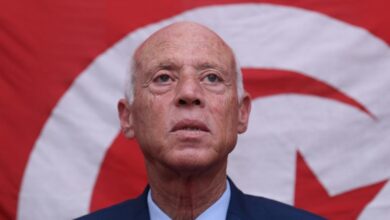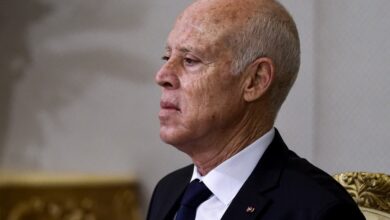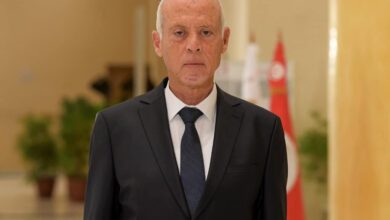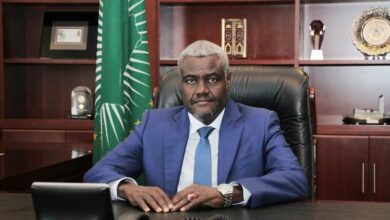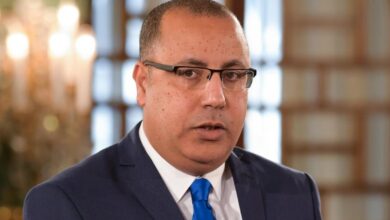Tunisia
Tunisian President Saied Rejects Foreign Interference In Country’s Internal Matters
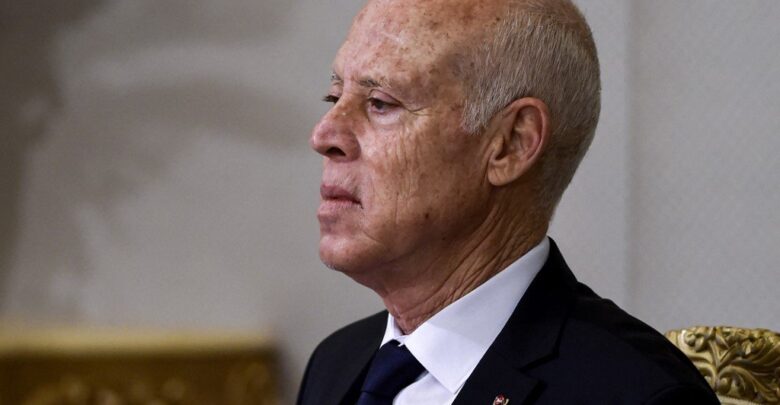
Tunisian President Kais Saied on Thursday rejected foreign interference in the internal affair of his country after facing criticism over a recent wave of arrests of his critics, reported Reuters.
“Tunisia is an independent and sovereign state, not under colonialism or protection and its sovereignty is above all other considerations,” President Saied said on Thursday.
He said that the country was capable of diagnosing its own internal problems.
The statement comes after the United States on Wednesday said it was deeply concerned by the reported arrests of political figures, business leaders, and journalists in Tunisia.
In recent days, the Tunisian police have arrested several opposition leaders or critics of Saied, including prominent politicians, an influential businessman, as well as the head of Tunisia’s main independent news outlet.
“Our sovereignty is above all considerations… we are not under colonization, we are an independent sovereign country”, Saied said in a meeting with his Prime Minister Najla Bouden.
The president continues to defend the arrests saying that he was acting in full respect of the law. He accused some of the detained people of being traitors, responsible for soaring price increases and severe food shortages.
The opposition, on the other hand, claims that the arrests are aimed at silencing dissent, empowering a slide towards autocracy, and covering up Saied’s failure to manage the country’s worsening social and economic crisis.
The recent arrests have led to fears of a wider crackdown on the freedom of the people. The U.N. Human Rights Office also appealed to the Tunisian government for the immediate release of detainees.
Back in July 2021, President Saied suspended and later dissolved the parliament and dismissed the government, moves his critics called a coup.
Later on, he introduced a new constitution and new electoral laws that centralized the power in his hands. He also suspended more than 50 judges after reconstituting the judicial council. The opposition continues to organize numerous protests demanding his resignation.


